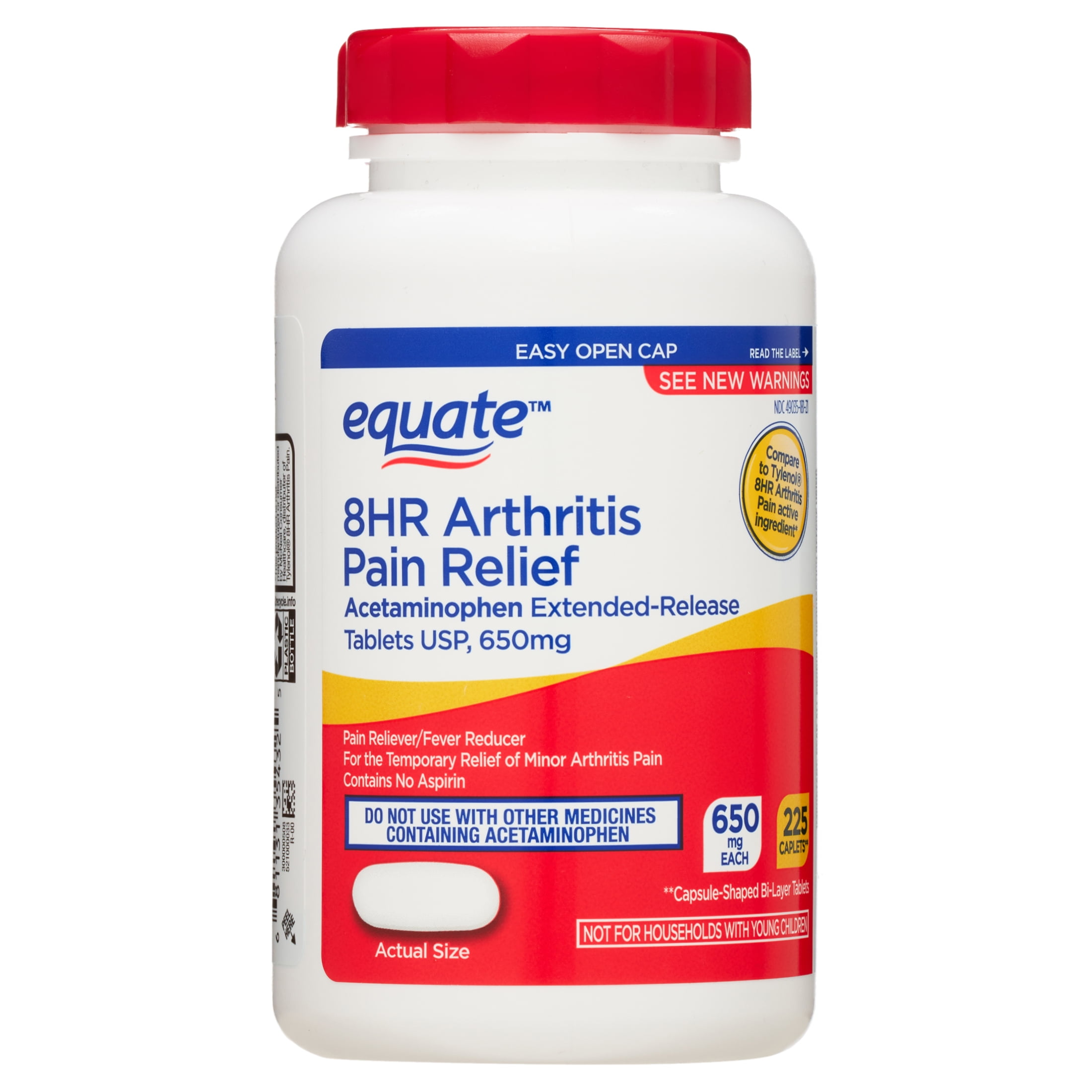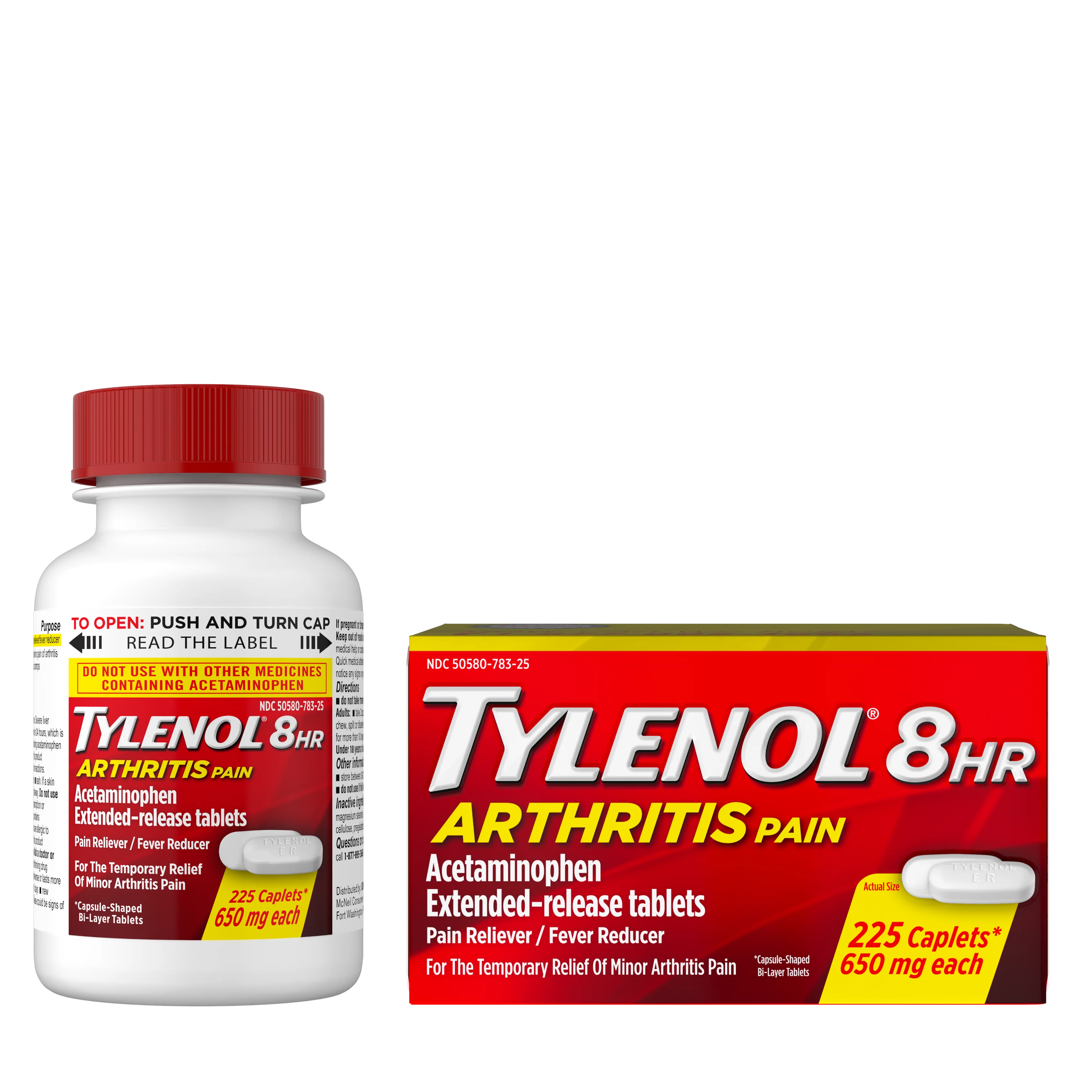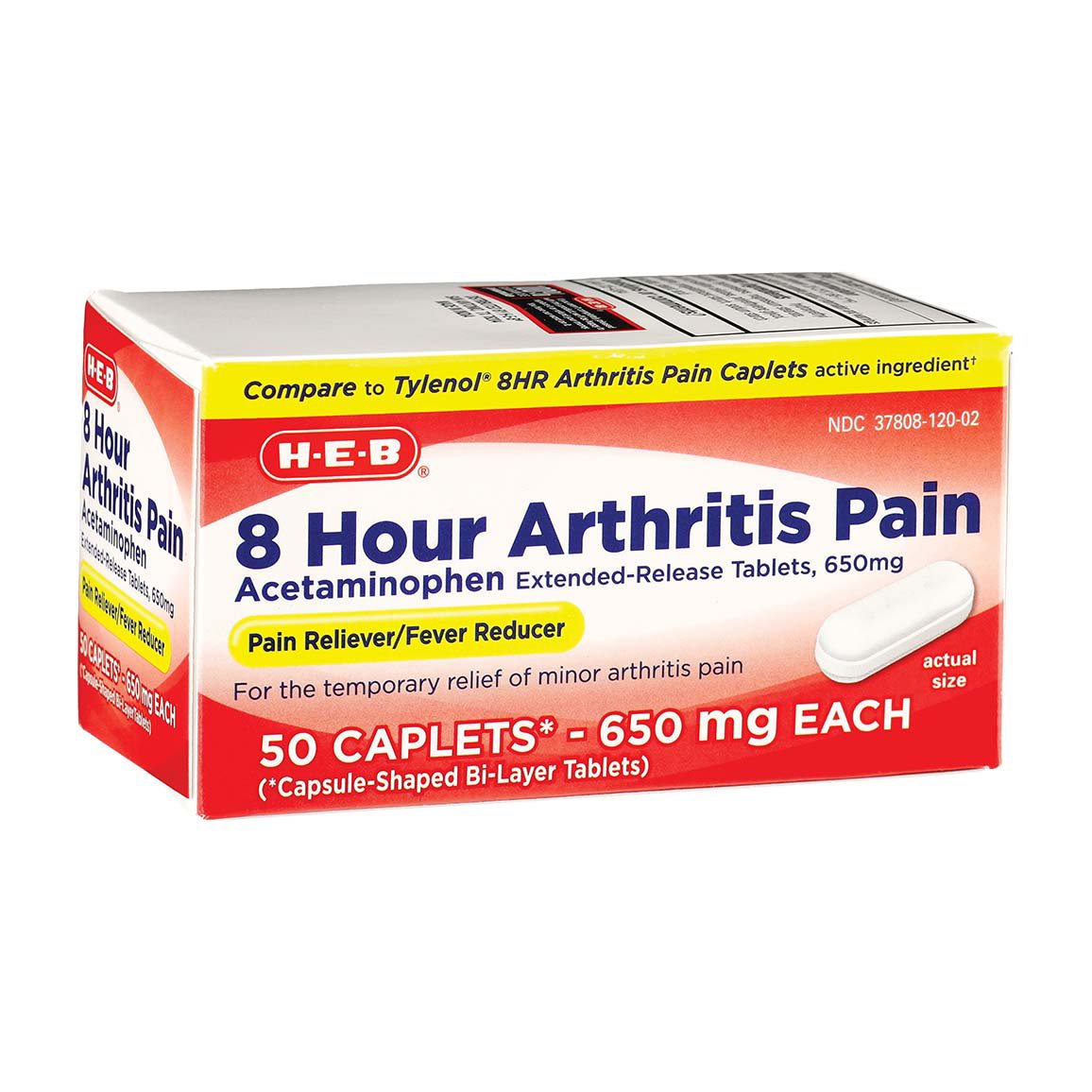We deliver to you every day from 7:00 to 23:00
The best discounts this week
Every week you can find the best discounts here.
Effective Arthritis Pain Relief: The Complete Guide to Soothing Joint Discomfort
Living with arthritis pain isn’t just uncomfortable—it can deeply impact your quality of life. Whether it’s stiffness in the morning, sore knees after walking, or persistent joint aches, finding the right arthritis pain relief solution is essential.
In this article, we’ll walk you through proven medications, natural remedies, and practical strategies to manage arthritis pain. You’ll get accurate, expert-backed, and up-to-date information to help you take control—naturally and effectively.

Understanding Arthritis Pain
Arthritis refers to joint inflammation that causes pain, swelling, stiffness, and reduced mobility. There are over 100 types, but the most common include:
-
Osteoarthritis (OA) – wear-and-tear damage to joints over time
-
Rheumatoid arthritis (RA) – an autoimmune condition attacking joints
-
Psoriatic arthritis – inflammation related to psoriasis
The pain can be dull, sharp, intermittent, or constant—and it often worsens with movement or after periods of inactivity.
“Arthritis is more than just aging. It’s a chronic condition that deserves consistent care and attention.”
Best Over-the-Counter Medications for Arthritis Pain
For many people, OTC pain relievers are the first go-to. They’re accessible, affordable, and effective for mild to moderate arthritis discomfort.
1. NSAIDs (Non-Steroidal Anti-Inflammatory Drugs)
These reduce inflammation while easing pain. Popular options include:
-
Ibuprofen (Advil, Motrin)
-
Naproxen sodium (Aleve)
-
Aspirin
They work well for joint swelling, but long-term use should be monitored due to potential stomach or kidney side effects.
2. Acetaminophen (Tylenol)
If inflammation isn’t a major issue, acetaminophen offers pain relief with fewer gastrointestinal risks.
-
Gentle on the stomach
-
Safe for long-term use when taken correctly

Always follow dosage instructions and talk to your doctor before combining with other medications.
Topical Arthritis Pain Relief Options
Topical creams, gels, and patches are great alternatives to oral meds—especially for targeted relief.
Popular Choices Include:
-
Diclofenac Gel (Voltaren) – a prescription-strength NSAID now available OTC
-
Capsaicin Cream – derived from chili peppers, reduces pain signals over time
-
Menthol & Methyl Salicylate Rubs – provide temporary cooling relief
Apply directly to knees, hands, or other sore joints. These are ideal for people who can’t tolerate oral meds.
Prescription Medications for Severe Arthritis
When OTC treatments aren’t enough, your doctor might prescribe:
-
Stronger NSAIDs
-
Corticosteroids (oral or injections) to reduce flare-ups
-
DMARDs (for autoimmune arthritis like RA)
-
Biologics – targeted immune-suppressing therapies
These treatments are more potent and often part of long-term care for moderate to severe arthritis.
Natural Remedies for Arthritis Pain Relief
Many people find additional relief from natural approaches that support joint health and reduce inflammation.
Proven Natural Remedies:
-
Turmeric/Curcumin – anti-inflammatory properties backed by science
-
Fish oil (Omega-3) – helps with stiffness and joint swelling
-
Glucosamine & Chondroitin – may slow cartilage breakdown
-
CBD products – calming effects for pain perception (talk to your doctor first)
“Natural doesn’t mean ineffective. In fact, combining lifestyle changes with supplements can significantly improve your mobility.”
Lifestyle Changes That Support Joint Health
Incorporating a few healthy habits into your daily life can provide lasting arthritis pain relief and even slow progression.
Best Practices:
-
Low-impact exercise: Swimming, walking, and yoga keep joints flexible
-
Weight management: Reduces stress on weight-bearing joints
-
Healthy anti-inflammatory diet: Think leafy greens, berries, fatty fish
-
Stretching routines: Improve range of motion and circulation
Regular movement prevents stiffness and strengthens muscles around joints—leading to long-term relief.
Internal Link
Explore more productivity tools and time-saving solutions at DUYTHIN.DIGITAL, where automation meets wellness. Whether you’re managing your brand or your health, we help you do both more efficiently.
Assistive Devices and Physical Therapy
Sometimes, you just need a little mechanical support.
Try These Aids:
-
Knee braces or compression sleeves
-
Cane or walker for stability
-
Orthopedic shoe inserts
Physical therapy also teaches you proper joint mechanics, strength-building exercises, and pain-reducing techniques.
“Support tools don’t mean giving up—they mean staying active longer.”
Heat and Cold Therapy for Joint Pain
Simple but effective, heat and cold therapy can dramatically ease arthritis symptoms.
-
Heat therapy (warm baths, heating pads) loosens stiff joints
-
Cold packs reduce swelling and numb sharp pain
Alternate both depending on your symptoms for best results.

When to See a Doctor
While occasional pain is manageable at home, there are times you should consult a healthcare professional:
-
Pain lasts longer than a few weeks
-
You experience sudden joint swelling or warmth
-
Movement becomes severely limited
-
OTC treatments no longer help
Early intervention can prevent permanent joint damage—especially in autoimmune types like RA.
Common Myths About Arthritis Pain Relief
Let’s bust a few common misconceptions:
“Exercise makes arthritis worse.”
False! The right kind of movement strengthens joints and reduces pain.
“Only older people get arthritis.”
Not true. Juvenile arthritis and early-onset RA can affect people in their 20s or 30s.
“You should rest painful joints completely.”
Wrong again. Gentle movement promotes healing and circulation.
FAQs About Arthritis Pain Relief
1. What’s the fastest way to relieve arthritis pain?
A combination of NSAIDs, heat therapy, and light stretching often provides quick relief.
2. Can diet affect arthritis?
Absolutely. A diet rich in anti-inflammatory foods can reduce flare-ups and stiffness.
3. Is arthritis pain permanent?
It can be chronic, but the severity and frequency of pain can be managed with the right approach.
4. What’s the best supplement for joint pain?
Turmeric, Omega-3s, and Glucosamine-Chondroitin are among the most recommended.
5. Do I need a prescription for Voltaren Gel?
Not anymore. Voltaren is now available over-the-counter in many pharmacies.
Final Thoughts: Managing Arthritis Pain Is Possible
You don’t have to live in constant discomfort. With a tailored combination of medications, lifestyle adjustments, and natural therapies, you can reclaim your mobility and joy.

At DUYTHIN.DIGITAL, we believe in working smarter—not harder—and that includes your health. With our platform, you can automate the tedious and focus on what really matters: feeling your best every day.
Life with arthritis can still be active, productive, and full of energy—with the right relief plan in place.
This article was written with experience and care, providing only trusted, up-to-date medical insights to support your wellness journey.












